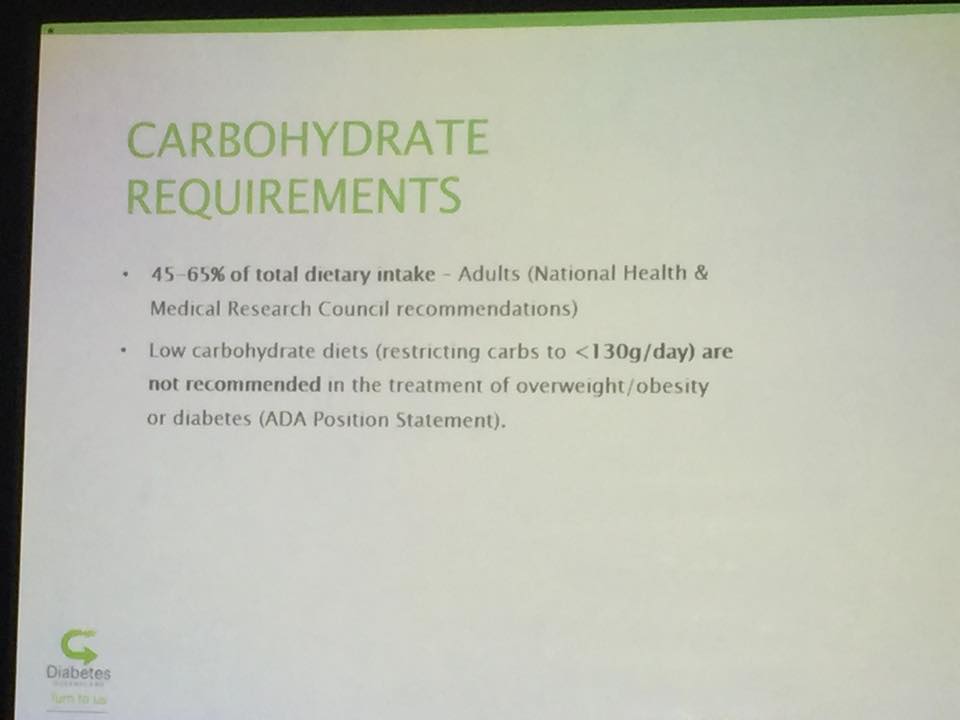Credit Suisse have just released their 84 page report on ‘fat’.
You might as well read it as an endorsement of LCHF – Low Carb and Healthy Fat. They are seriously looking at the changing nutritional profile and seeing the economics.
This report follows on from their October 2013 report on Sugar. It pretty well nailed the perils of sugar. This time they have gone over the whole ‘fat’ issue.
They acknowledge that ‘saturated fat is bad’ is a myth.
Same goes for cholesterol in our diet.
“Fat is one of the three macronutrients of any diet; protein and carbohydrates are the other two. Over the last fifty years, general nutritional wisdom has been to recommend moderate consumption of fat, lower the intake of saturated fats (butter, lard, milk, red meat, coconut oil) and cholesterol (eggs, poultry, beef)
and increase the consumption of polyunsaturated fats (soybean, sunflower, corn, cottonseed oils) and carbohydrates (pasta, bread, sugar, etc).
Fat is a complex topic and these recommendations have been an area of significant debate over the past thirty years. Some believe that these dietary recommendations—closely followed by the U.S. population—are the leading cause of the country’s high obesity levels and the fast growing number of people suffering from metabolic syndrome. Others support maintaining the current “generally accepted principles” with a limit of 10% of daily energy intake from saturated fats and no limits on monounsaturated fats (olive oil, canola oil, palm oil, nuts), polyunsaturated fats or carbohydrates.
Our market surveys show that most consumers’ and doctors’ perception on fat are aligned with the official nutritional recommendations. Yet, some consumers are clearly making new choices. Consumption of butter is growing globally at a rate of 2-4% a year, and in the first half of this year volume sales volume of whole milk in the U.S. grew 11%, while skim milk shrank by 14%. Egg consumption in the U.S. has grown by 2% and organic eggs consumption by 21% in the last twelve months.
We believe that we are at a turning point. Our own analysis and the most recent medical research support these new trends. Medical research has shown that eating cholesterol has basically no influence on the level of cholesterol in the blood or on potential heart diseases. Neither has the link between saturated
fat intake and cardiovascular risk ever been proven. On the other hand, a high intake of omega-6 polyunsaturated fats (vegetable oils) has not been proven as beneficial for our health and trans-fats have been shown to have negative health effects.
The higher intake of vegetable oils and the increase in carbohydrate consumption in the last 30-40 years are the two leading factors behind the high rates of obesity and metabolic syndrome in the U.S. Saturated and monounsaturated fats are not.
The conclusion of this report is simple. Natural unprocessed fats are healthy and key to the evolution of a society that focuses on developing healthy individuals, not just on treating those who are sick. Natural foods high in monounsaturated and saturated fats are one of the preferred sources of energy for our bodies to use and store. Omega-3 has strong protective properties for our
heart and brain. Welcome to the new world of fat.”
Nice to have you on board Credit Suisse. These reports are looking at the big picture and getting it right. Why can’t our governments get this right?
http://www.nofructose.com/introduction/fat-and-oil/
Credit Suisse Fat report Sept 2015
https://doc.research-and-analytics.csfb.com/docView…
Credit Suisse Sugar report Oct 2013
https://publications.credit-suisse.com/…/re…/file/index.cfm…
https://www.facebook.com/393958287365295/photos/a.407869679307489.94446.393958287365295/898506463577139/?type=3









